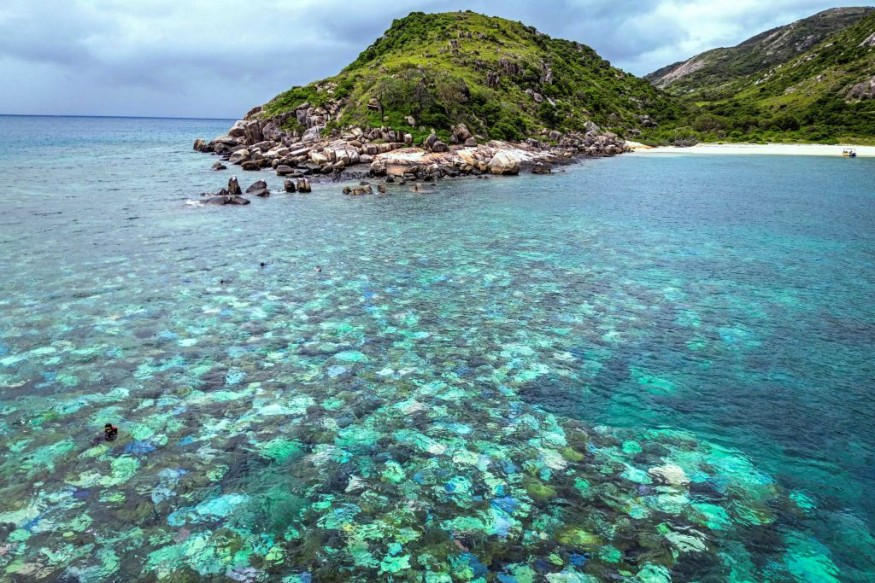
Global warming raises important considerations about the future of tourism and how to deal with harsh weather conditions.
Tourism Impact
According to a report published by Australia's Centre for Integrated Sustainability Analysis, the so-called Black Summer of bushfires, which began in 2019.
The fires four years ago caused extensive tourism shutdowns in many sections of the country in the run-up to the peak Christmas and New Year season, resulting in direct losses of $1.7 billion to the tourism industry, which sparked the bigger decline in supply chain output.
Vivienne Reiner, one of the report's authors, stated that education-related travel mixed with personal travel generates more export revenue in Australia than natural gas does.
"If people start to think it's dangerous to come to Australia, that could really impact us," she added.
While the fires had the greatest impact on Australia's east coast, the researchers discovered that tourism losses were widespread and felt throughout the economy.
Tourism is a key exporter and employer in Australia, accounting for one out of every eight businesses.
According to Tourism Research Australia's most recent projections, the country will receive 9.3 million overseas tourists this year, up 98% from pre-pandemic levels.
Australia also aims to reach pre-pandemic levels next year, setting a new record of almost 10.2 million overseas tourists.
The researchers caution that when the effects of climate change worsen, the Australian economy may suffer additional losses.
"Australian tourism has a lot to gain from climate change mitigation."
Reiner stated, adding that Australia is located in the most disaster-prone region in the world, the Asia Pacific. In terms of solutions, research like ours also contributes to identifying hotspots in supply chains where industries and communities may need to be rebuilt.
Economic Growth
Phillipa Harrison, managing director of the government agency Tourism Australia, stated that while the world reels from one natural tragedy after another, carbon emissions from travel are being more widely acknowledged.
He said that in order to maintain economic growth, the nation must make sure it is competitive in the proper sectors and preserve its potential for coming generations of citizens and tourists.
News of fires and floods is feared to have the potential to negatively affect a business that takes great pleasure in marketing its unspoiled nature to the globe.
Additionally, extensive bleaching is currently occurring on the Great Barrier Reef, and these factors have made the impact of carbon and global warming extremely salient.
But according to Australia's Climate Council, there is still time to counteract the hazard as they forecast many more intense weather systems in the future.
In a study last year, international research indicates that nearly half of Australians living in remote areas believe their area has had severe climate impacts, compared with 43% in capital cities.
Nearly six out of ten Australians also believe their government is not doing enough to address climate change.
"Australians have experienced some of the most extreme global impacts of climate change in the past five years with fires and floods, but we are less concerned than most about what the future holds," said Stuart Clark, Director, Public Affairs at Ipsos Australia.
Related Article : Great Barrier Reef Nears Its Death, Tourists Rush to Australia
© 2025 NatureWorldNews.com All rights reserved. Do not reproduce without permission.





